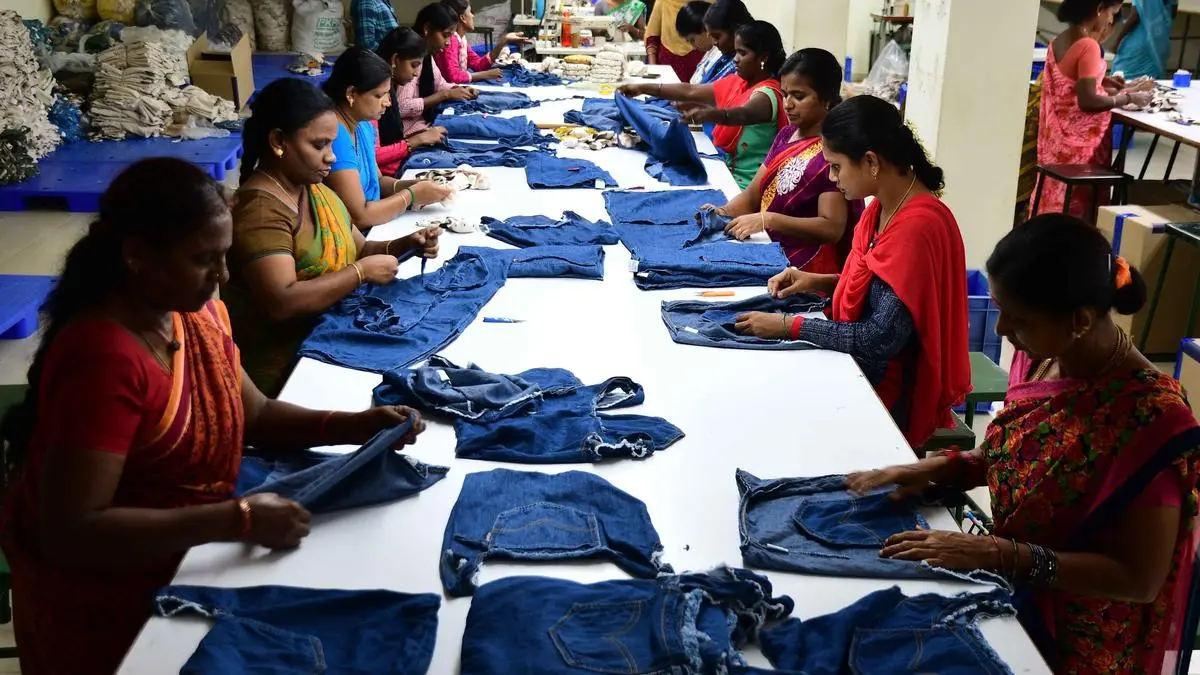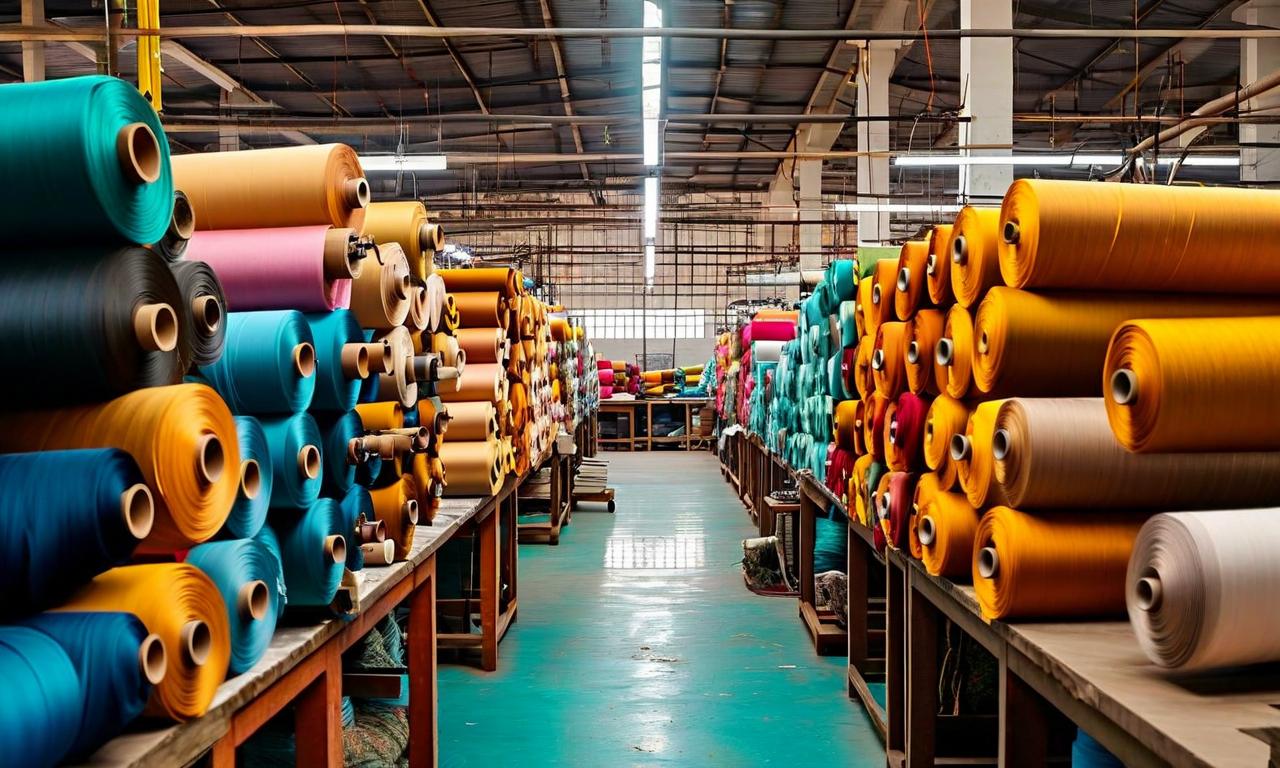Tamil Nadu textile exporters feel the heat
Tamil Nadu textile hubs, especially Tiruppur, Karur, and Coimbatore, are reeling under pressure after the US increased import tariffs on certain apparel items to 50%. The sudden hike has put Indian knitwear and garment exporters at a sharp disadvantage compared to countries like Bangladesh, Pakistan, Vietnam, and Cambodia, which enjoy much lower duty rates ranging from 19% to 36%.

For Tiruppur’s knitwear exporters who already operate on slim margins the increased duty could mean losing significant market share. Many buyers from the US have already begun pausing orders or shifting them to competing countries with lower tariffs.
Tamil Nadu textile hubs face global competition
Tiruppur, known as India’s knitwear capital, contributes over ₹40,000 crore in exports annually and supplies to global retail giants such as Walmart, GAP, and Costco. Around 30% of Tiruppur’s exports go to the US, but with the new tariff, total costs for some knitted garments could rise to an effective rate of 64%, making them far more expensive than products from Bangladesh or Pakistan.
Exporters say that non-branded buyers will likely shift quickly to cheaper alternatives. While branded buyers may stick with Tamil Nadu textile suppliers for quality and compliance reasons, they are also negotiating price cuts, which many exporters cannot afford given their 5%–7% profit margins.
Impact spreading beyond knitwear
The damage is not limited to knitwear alone. In Karur, known for its home textile exports worth nearly ₹9,000 crore annually, orders for bed linens and towels are slowing down. Coimbatore mills, which supply cotton towels and kitchen linens to the US, are also facing higher duties.

Industry leaders fear that if exports drop by even 10–20%, it could lead to job losses for 100,000–200,000 workers in the textile belt over the coming months. The textile sector is labour-intensive, and many smaller units depend entirely on export orders for survival.
Tamil Nadu textile exporters seek urgent relief
Industry associations are calling for immediate government action to prevent long-term damage. They are urging the Centre to:
- Remove the 11% import duty on cotton
- Correct the GST duty inversion on manmade fibres
- Negotiate with the US for reduced tariff rates or a special trade arrangement
Exporters point out that competitors do not face the same duty burden. Bangladesh’s effective tariff is around 35%, Pakistan enjoys 19%, Vietnam 20–21%, and Cambodia 19% after a recent revision. This leaves Indian suppliers struggling to match prices, especially in markets where buyers switch suppliers quickly.
A fight to hold ground
Some exporters remain cautiously hopeful that big US retail brands concerned about price increases for American consumers may lobby for tariff reductions. Others are counting on government negotiations to improve the situation.
“We have faced challenges before, from COVID-19 disruptions to supply chain delays,” one Tiruppur exporter said. “But this is different. If we don’t act quickly, buyers will settle with other countries and we might never win back those orders.” Also Read: VinFast Opens Manufacturing Facility in Tamil Nadu, Marking Powerful Step in India’s EV Journey
For now, the Tamil Nadu textile industry is bracing for a difficult season, with many fearing that the 50% US tariff could become a turning point in the state’s export history one that forces factories to slow production, reduce staff, and lose a market they have spent decades building.
Conclusion:
The Tamil Nadu textile industry has built a global reputation for quality, but the steep US tariff hike threatens to erode years of progress. Without swift intervention and competitive trade policies, exporters warn that this could mark the beginning of a significant market loss to rivals in Asia.

